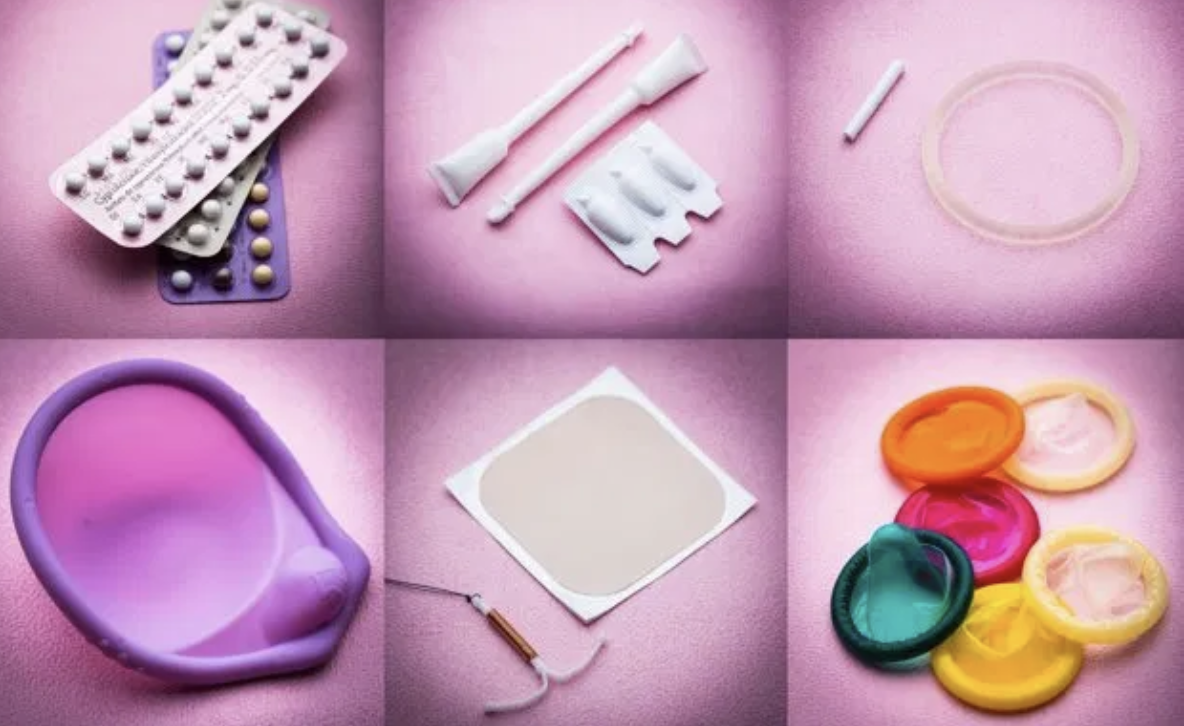Eight common side effects of birth control

Many sexually active women use oral contraceptive, the hormonal pills are said to be dependable in prevention of unwanted pregnancies. They comprise of two types of pills; the combination pills which contained two hormones, oestrogen and progestin and progestin only pill. They work by preventing ovulation.
These birth control pills react differently on different women despite being marketed as a safe option for pregnancy prevention for sexually active women. They have side effects just like any other drug.
Here are some of the side effects you need to be on the look out for.
- Menstrual spotting between periods.
Spotting will often subside a few months after you take the pill. The bleeding usually occurs because the body needs to adjust to the new hormone level. Bleeding could also be caused by the uterus adjusting to having an endometrial wall,that is thinner than usual.
This is a common occurrence and should worry you to the point of interfering with the prescribed intake of the pill. One should contact a healthcare professional for guidance in cases where the bleeding occurs frequently or heavily for three or more days.
2. Breast tenderness
Birth control pills may cause breast enlargement or tenderness. This usually resolves after a few weeks of using the pill. With that, persistent pain or tenderness should be considered unusual and one should seek medical help immediately.
3.Headaches and migraine
Chances of increased headaches and migraines are high after use of the pill due to the hormone embedded in the birth control pill. Different types of pills with varying level of hormone trigger different reactions in the body. One should seek the help of a professional health care officer to help configure the type of birth control that works best for them. Symptoms should improve overtime but if one should see a doctor if you experience severe headache immediately after taking the pill.
4. Nausea
Nausea may occur for some women the first few times they use the pill,but the symptoms usually subside after a while. To curb the nausea, one should take the pill with food or at bedtime. One should seek medical attention if the nausea is severe and persist for more than three months.
5.Weight gain
Some clinical studies link weight changes and fluctuation to usage of birth control. Some type of hormonal contraceptive have been linked to decrease in lean body mass. However, the most common body change is weight gain due to fluid retention around the hips and the breast hence the change in overall body weight.
6.Decresed sex drive.
Some women tend to experience decreased sex drive after using the contraceptive due to the hormone found in the pill. One should it with the medical provider if the symptom persist and becomes troublesome. In other cases, increased sex drive may occur due to circumstances like reduced menstrual cramps and relief of not worrying of unplanned for pregnancies.
7.Viginal discharge
Use of contraceptive may distort the nature of vaginal discharge by increasing or decreasing vaginal lubrication.These changes are not cause of alarm but change in colour or odor may be a sign of infection.
8. Mood changes
Studies show that oral contraceptives may affect the user’s mood and increase the risk of depression or other change emotional changes. Anyone who experience mood changes while using the pill should contact their medical provider.
Side effects are not an unusual occurrence when introducing certain drugs to our bodies. This is mainly because the body singles out the drug as a foreign and will biologically react to contain it. Always seek medical assistance if you notice abnormal changes.












